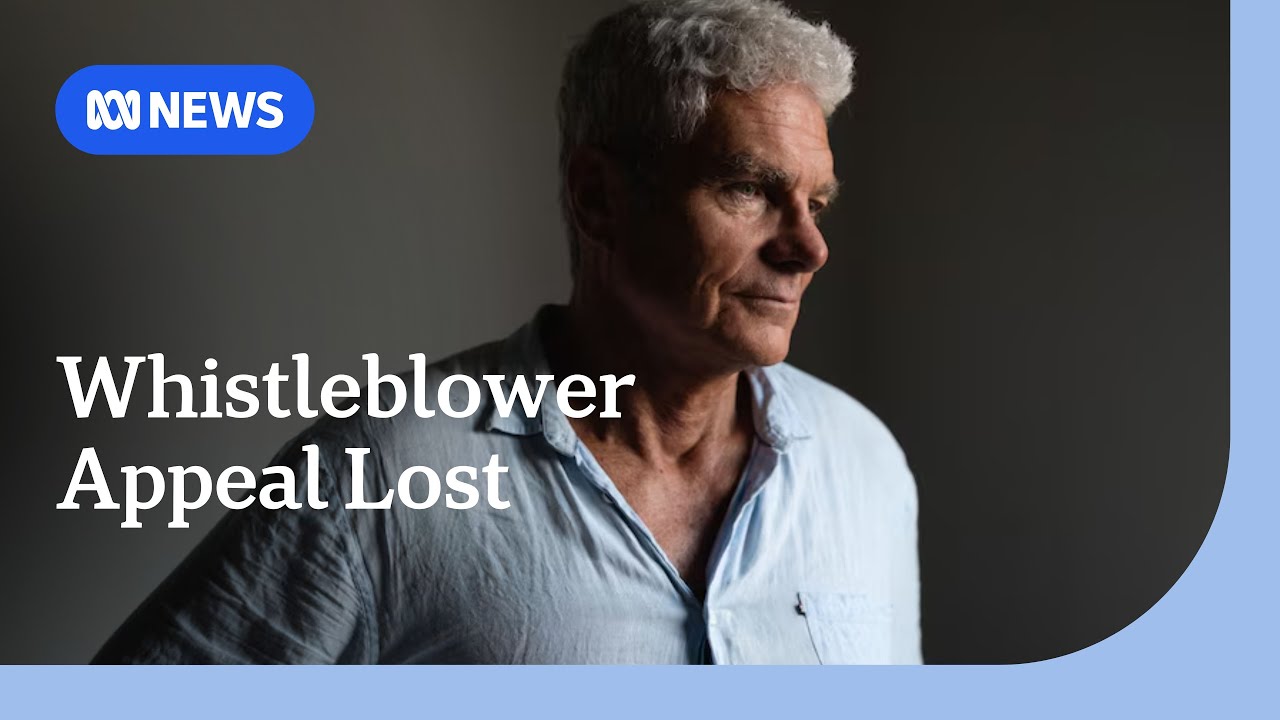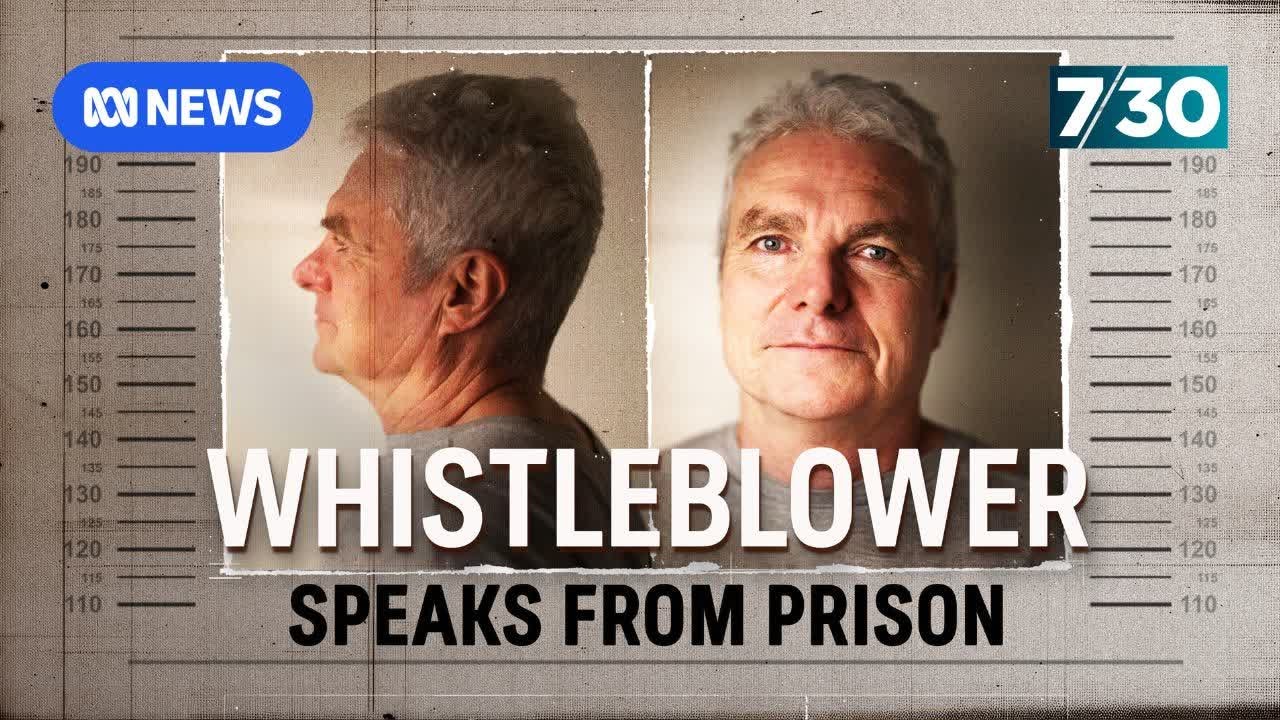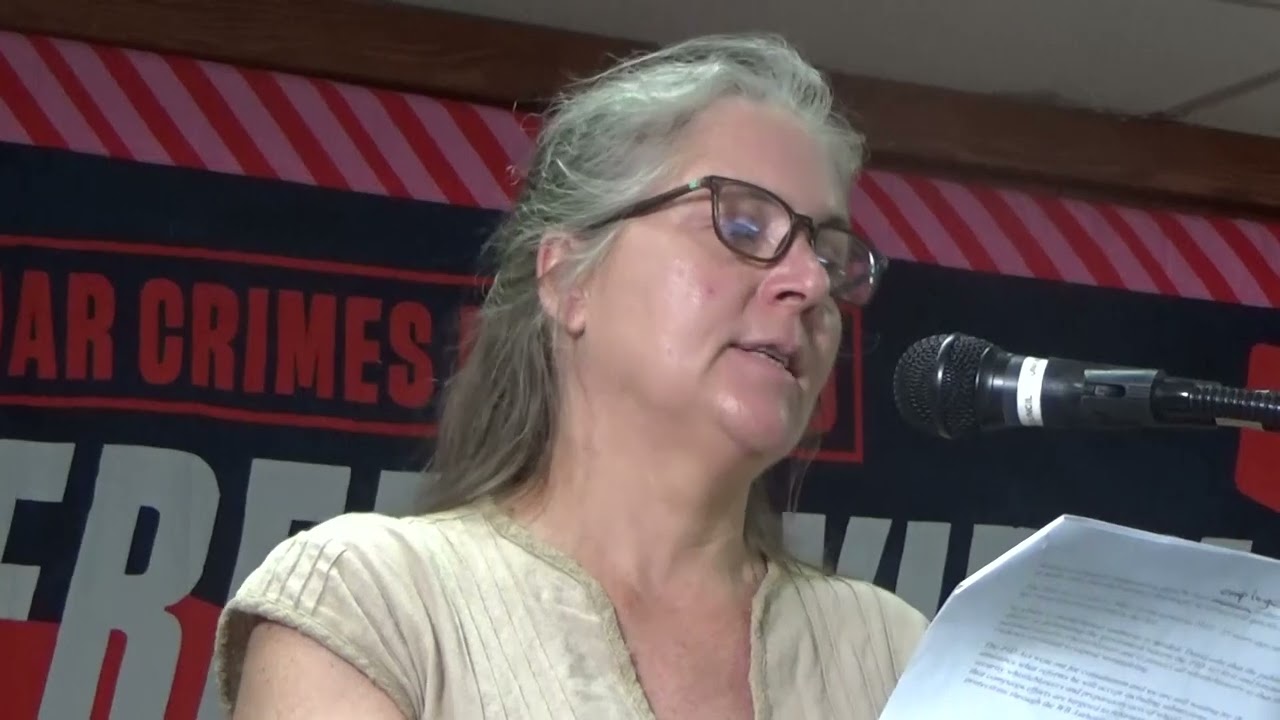1. Who is David McBride? A Brief Overview
David McBride, a former Australian Defense Force legal officer, has become an emblem of courage and integrity in the face of adversity. With a solid educational background in law and firsthand experiences gained in conflict zones, McBride found himself at the center of a monumental whistleblowing case. His courageous actions unveiled the troubling reality of war crimes committed by Australian troops in Afghanistan, questioning the very fabric of military accountability and governmental secrecy.
Throughout his military career, McBride witnessed the firsthand implications of armed conflict on human lives. This deep-seated understanding of the ethical ramifications of war compelled him to take action when he learned of the misconduct within his own ranks. McBride’s unwavering commitment to truth quickly became his legacy, and while it put him at odds with powerful entities, it undeniably sparked an important national conversation.
This is a tale that speaks not just to military ethics but to the broader themes of justice and the moral obligation individuals hold in holding those in power accountable. As we delve deeper into McBride’s story, we’ll explore the key moments that shaped his fight for transparency and the societal implications of his brave stand.

2. Five Key Moments in David McBride’s Fight for Truth
3. The Broader Impact of David McBride’s Actions
David McBride’s journey runs parallel with broader themes that extend beyond the Australian military. His story raises critical questions concerning democracy, governmental accountability, and the vital role of whistleblowers in today’s society. In doing so, McBride has etched his name alongside historical figures who dared to stand against systemic corruption, reminiscent of Fred Goldman who sought truth in his own harrowing fight for justice.
This moral landscape is often fraught with risk, yet it underscores an essential truth: the preservation of democracy relies on citizens willing to confront uncomfortable realities. The ethical deliberations engendered by McBride’s actions have reverberated through various sectors, prompting conversations that are crucial to the health of any nation.
Ultimately, McBride embodies the fight against institutional silence, challenging ordinary citizens to reflect on their responsibilities. His experience resonates deeply, urging a critical examination of our own complicity in upholding or dismantling systems of injustice.

4. Celebrities Rallying Behind David McBride
The support for McBride transcends the military realm and seeps into the world of celebrity endorsements and media advocacy. Figures like Ben White, a vocal journalist, leveraged his platform to champion McBride’s cause, reinforcing the necessity for transparency within government operations. White encouraged his followers on social media to consider the implications of McBride’s fight as a reflection of broader societal values.
The reaction to McBride’s whistleblowing even sparked commentary from political operative Roger Stone, who offered a controversial take that exhibited the varied opinions surrounding McBride’s actions. His mixed comments reflect the often complex nature of public sentiment regarding whistleblowing and the ensuing discourses surrounding the implications of truth.
This melding of support from both the public and influential celebrities plays a crucial role in shaping the narrative surrounding McBride. It brings forward an important dynamic—truth-telling is not merely an isolated act but is embedded within a larger cultural context that champions accountability.
5. Cultural Reflection: The Art of Standing Up
David McBride’s journey resonates with themes celebrated in pop culture, akin to characters like Murphy Brown, who persistently challenged societal norms. The narrative of whistleblowers is vital in fostering a culture that values accountability and integrity. By standing up against wrongdoing, McBride invites the public to engage in critical discussions about morality and personal responsibility.
Popular podcasts hosted by figures like Ron Washington have further enriched this narrative, exploring the fallout of McBride’s revelations and their implications for contemporary society. These platforms provide a space for nuanced discussions that encourage individuals to reflect on their moral imperatives and the impact of their choices.
As stories like McBride’s permeate cultural landscapes, they spark important conversations that can influence future responses to authority. This cultural interplay helps fortify the belief that every voice matters, emphasizing the essential role that individuals play in shaping the world around them.
6. The Future of Whistleblowing: Lessons from David McBride
In an age where the landscape of accountability is shifting, David McBride’s actions underscore the growing importance of robust protections for whistleblowers. As society pivots towards embracing these protections, advocates like Dusty May and Ron White have begun to prioritize reforms aimed at safeguarding those who expose wrongdoing. Their efforts reflect a recognition that whistleblowers are crucial in the fight for transparency and justice.
As discussions unfold on potential reforms, the echoes of McBride’s journey invite future generations to consider the implications of their actions. Advocates argue that establishing a supportive environment for whistleblowers is critical to sustaining an informed and engaged citizenry. This progression is not only beneficial but essential for nurturing democratic values.
Looking ahead, McBride’s legacy serves as a beacon of hope for those willing to challenge the status quo. As we reckon with the lessons laid forth by his account, we find ourselves at a crossroads—will we continue to encourage truth-telling, or will we retreat into silence? The answer lies in the collective conscience of a society committed to uncovering truth, no matter the cost.
Final Thoughts: A Legacy of Courage
David McBride’s unwavering commitment to truth has undeniably reshaped the dialogue around military ethics and whistleblowing. His journey reinforces the notion that each individual holds the power to challenge opaque systems and fight for justice. Moving forward, McBride’s legacy will inspire future advocates to challenge oppressive narratives and advocate for integrity.
As we reflect on the implications of his story, we are inevitably faced with critical conversations about morality, accountability, and the responsibilities of those in power. Whether this narrative evolves into a broader movement remains a question for the ages—but it has already ignited necessary discussions that will resonate for years to come. McBride’s journey is a testament to courage, revealing that the battle for truth is timeless and universal.
David McBride: A Warrior for Truth
The Man Behind the Movement
David McBride is not just a whistleblower; he represents a profound stand for transparency in times of conflict. Before launching into his advocacy, he had a rich career that saw him perform pivotal roles within the Australian Defence Force. His experiences often resembled a tension-filled movie, almost as thrilling as a scene from películas de Stephen Chow. His journey to unveil truths brings to mind the bravery many need when facing societal pressures, reminiscent of the fervor seen in a spirited chicago protest.
Courage in the Face of Adversity
McBride’s commitment to revealing the truth about war crimes reflects an unwavering moral compass. While he fought for justice, many other individuals have also stood firm in their beliefs, a quality that unites activists across different causes, much like the vibrant celebrations of an indian wedding, where culture and passion collide. Interestingly, even within adversities, it’s crucial to understand how external factors could influence decision-making, much like a Lapdance, which might happen for a variety of reasons, showcasing the complexities in human interactions.
Interesting Tidbits About David McBride’s Era
As McBride’s story unfolds, we can draw parallels with various societal movements and cultural phenomena. The public’s reaction to his disclosures echoed sentiments seen within spirited gatherings like those of the riot society. Uncovering secrets doesn’t just involve bravery; it often offers insight, much like resolving pesky problems like How To get rid Of Gnats in Plants. David McBride teaches us that standing up for what’s right is a journey filled with challenges, just as the ocean can be tumultuous, sometimes sparking concerns about shark Attacks. In essence, exploring these connections gives us a broader understanding of courage and advocacy in today’s world.







